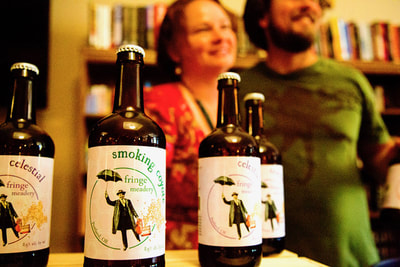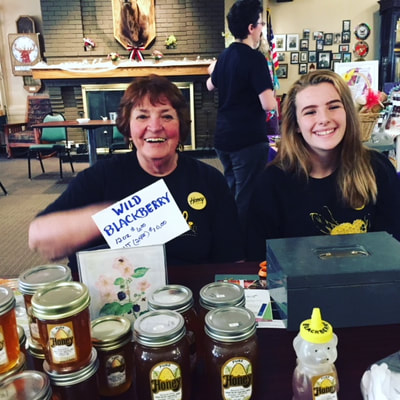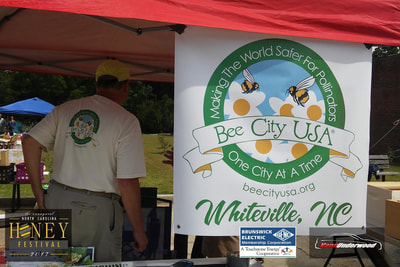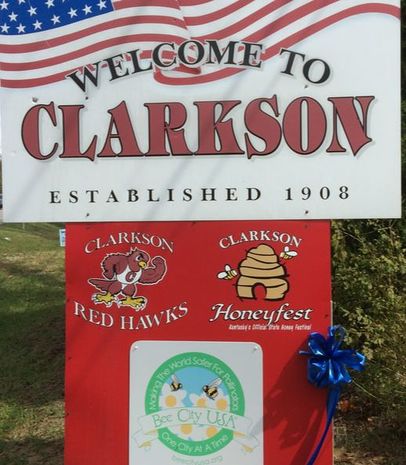


 |
The old saying, “You catch more flies with honey than vinegar,” has been traced back to G. Torriano’s “Common Place of Italian Proverbs” and first appeared in the United States in Benjamin Franklin’s “Poor Richard’s Almanac” in 1744. It’s fun to overanalyze the saying, but its point is honey is a friend-magnet!
At least four Bee City USA affiliates are having honey festivals this time of year. Managed with help from members of the Phoenix, Oregon Bee City USA affiliate, Oregon’s Honey Festival took place in Ashland (another Bee City USA affiliate) on August 18-19. (Read the full article about the day’s events here.) In Bee City USA – Whiteville, the 2nd annual North Carolina Honey Festival is September 8-9. Celebrating their 24th year, Kentucky’s official state Honeyfest is in Clarkson, September 26-29. In Ohio, Lithopolis will hold its 12th Honeyfest September 7-8. They even have their own song! |
Ironically, in North America, honey bees are an introduced bee species from Europe. Before colonists brought them in 1622, there were no honey-making bees here. Now European honey bees are making friends for all of their 4000 native bee cousins (think bumble, blueberry, mining, sweat, carpenter, mason, leaf cutter, squash…).
Of all 20,000 bee species, bumble bees are most like honey bees in that they have a queen and worker bees and live as colonies, albeit much smaller ones. But they die out in late fall leaving only mated queens to hide away somewhere waiting for spring to lay her worker bee eggs and start a new colony. Otherwise, bees of most species live only a few weeks as adults and sustain their species from year to year by surviving winter as larvae or pupae. They are solitary bees; they don’t have colonies like honey and bumble bees. They also rarely sting because (excuse the pun) there’s no point! If they die while stinging, no other bees will guard their small nests. Each solitary female bee may lay as much as 20 eggs, but she will never see them become adults.




